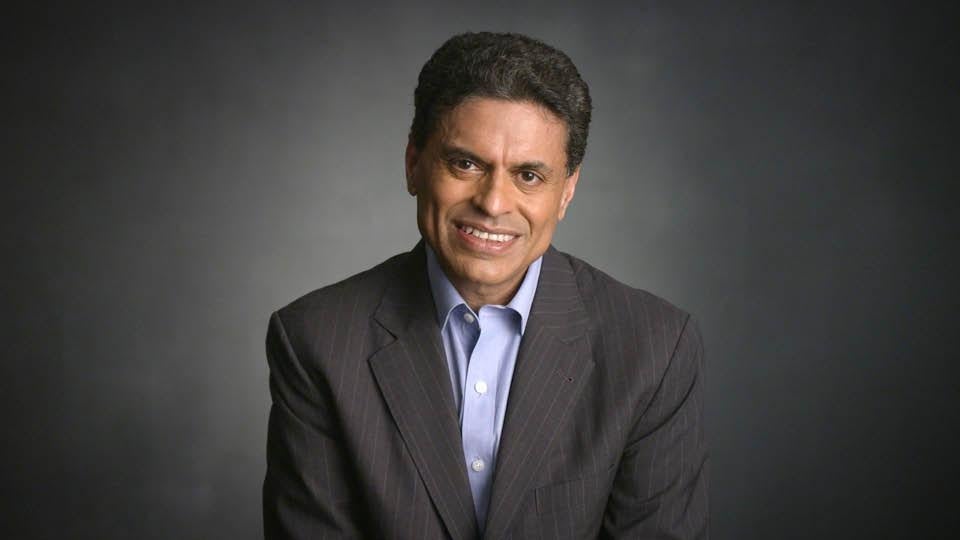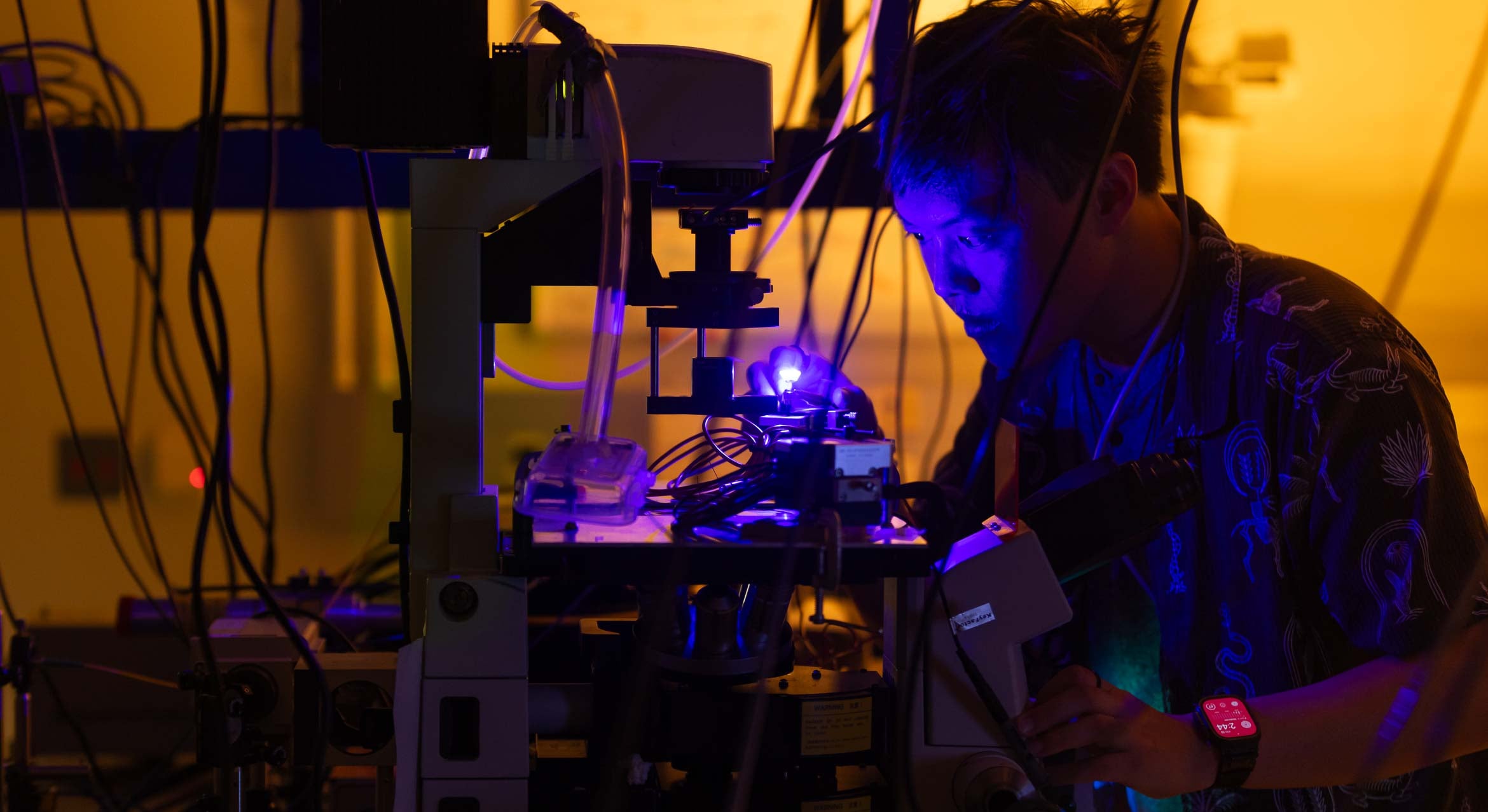Fareed Zakaria makes sense of a changing world in Arts & Lectures talk

What does it take to make sense of a world perpetually transformed by political, cultural and technological realignment?
Renowned journalist and political thinker Fareed Zakaria tackles that question by reevaluating the forces shaping today’s world and imagining how we can adapt to the changes at hand. A Washington Post columnist, New York Times bestselling author and the long-running host of GPS on CNN, Zakaria has dedicated his career to guiding audiences and world leaders through some of the most complex moments in recent history.
Zakaria will appear at the Arlington Theatre on Thursday, Oct. 16, at 7:30 p.m. for a timely discussion on the future of American politics, the economy and culture. In this moment of constant change, he offers a grounding look at how nations, institutions and individuals can navigate rapid transformation while staying informed and resilient.
With this event, Arts & Lectures inaugurates its Roman Baratiak Endowed Lecture initiative, honoring the organization’s former associate director. Over more than 40 years with Arts & Lectures, Baratiak brought hundreds of distinguished voices to its stage, helping to shape the program into one of the nation’s leading presenters of performing arts, lectures and culture. The new endowed lecture will bring acclaimed thinkers to Santa Barbara to spark dialogue and reflection about the events shaping the world around us.
Across his five New York Times bestsellers, Zakaria combines scholarship with storytelling to bring complex global trends and events to a comprehensible human scale. Whether analyzing shifting power between nations or the moral quandaries raised by artificial intelligence, his work engages readers to consider how we can preserve democratic values in tumultuous times.
In his Arts & Lectures talk, Zakaria will explore how communities can persist amid severe polarization and how leadership can endure under stress.
From his weekly columns to his long-running Sunday morning show, Zakaria’s career has been built on bridging the gap between technical analysis and public understanding. His perspective offers both realism and optimism, acknowledging history’s cyclical nature while suggesting how knowledge, empathy and human engagement can help steer it toward a better future.



